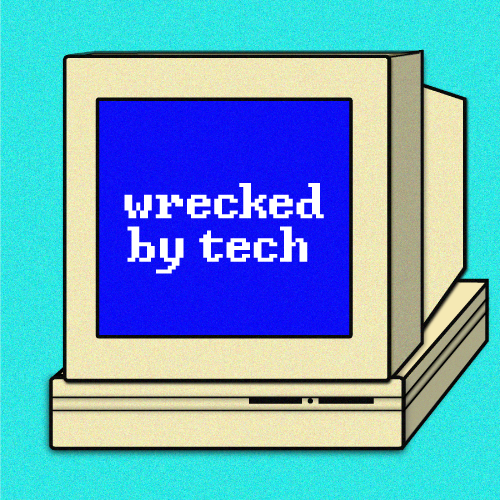Why is "what's the matter?" always about something negative? About a year ago, a friend of mine pointed out how much he disliked the phrase "What's the matter." He argued matter can be a concept (as in matters of the heart), or a scientific construct (as in welcome to grade 3 science, everything is made of matter), but neither are inherently negative.
"It's odd," he said, "that you wouldn't ask someone who was laughing what 'the matter' was, but you would if they were crying ."
At the time, it was one of those "whoa man, isn't society weird?" moments, and I didn't give it too much thought. But since this blog is about English and its weirdness and its rules, let's give it a good hard think.
Why does "What's the matter?" have to be negative?
Have you ever looked up a definition of matter? Don't. I would post what I found on Merriam Webster's website, but including headers, origins, and examples, it's 405 words. By the time you reach the end of this sentence, you'll have read less than half of that.
I'll spare you the lengthy definition, though a few stuck out:
something that is being done, talked about, or thought about.
So, like my friend said, a "situation."
The second:
a material substance that occupies space, has mass, and is composed predominantly of atoms consisting of protons, neutrons, and electrons, that constitutes the observable universe, and that is interconvertible with energy.
So again, like my friend said, a scientific construct.
I expected those, but one particular definition stuck out:
a subject of disagreement or litigation.
Okay, so if I sue someone or have an argument, I'm having a "matter."
Eureka! That must be it. Who likes getting sued? Or arguing? I mean, debating is one thing—that's a calculated, logical exploration of two sides of an issue—but arguments are awful. They're charged, emotional, and prone to escalation. Nobody wants to fistfight over which is the worst Oceans movie (undeniably Oceans 12, that's not even arguable) and nobody wants to lose their hard-earned cash. When you're talking "matters" in court, you're talking pretty negative.
Thus: it's a legal definition and it spilled into mainstream usage.
Lawyers are basically professional talkers, and jobs with special phrases and heavy talking tend to seep into the public lexicon. "Legalese" has penetrated mainstream consciousness for a long time. We also use "make a case for", "double jeopardy", and "anybody object to that", to name a few.
There you have it. Where once a judge would ask two defendants what "the matter" was, now we ask each other when we're crying.
Thanks, lawyers!

